Influenced by the experimental side of Synth Britannia and the groundbreaking electronica of Warp Records, Bristol-based Finlay Shakespeare has presented one of the most impressive releases of 2020 in his second album ‘Solemnities’.
Passionate and intense in his vocal delivery, the music of Finlay Shakespeare is strangely pop, but his modular laden backdrop will satisfy those seeking more of a colder mechanised edge. He encapsulates the spirit of early Mute Records and that’s probably just as well because he has just been signed by Mute Song for publishing.
Reference points range from THE HUMAN LEAGUE and THROBBING GRISTLE to AUTECHRE and THE FAINT, while the socially conscious lyrics recall Paul Weller during his time in THE JAM.
Also an independent musical device manufacturer via his Future Sound Systems umbrella, ‘Solemnities’ captures the balance of melody and freaky angst that was showcased live to BLANCMANGE fans who arrived early when Shakespeare opened for Neil Arthur & Co in 2019.
Finlay Shakespeare kindly took time out and spoke about the making of ‘Solemnities’, its lyrical inspiration and gave a fascinating insight into the equipment involved in the album’s realisation.
Your new album ‘Solemnities’ is rather on point in the current situation, but what had been your original concept?
The majority of material that I write, at least lyrically speaking, tends to come from improvisation, and in the case of ‘Solemnities’, recording many iterations and honing in on a finished version. I’ve always tried to capture a sense of the present when writing and recording too – I like the idea that music can form a time capsule to be listened back to. Much of the subject matter across ‘Solemnities’ is politically motivated, and how I see the UK’s current political situation affecting me and others around me.
While you have said ‘Solemnities’ has a rawer approach, it appears to be a lot more focussed and disciplined than your debut album ‘Domestic Economy’?
Hugely – this predominantly came from returning to a more conventional writing form. The base material of ‘Domestic Economy’ comes from the total improvisation of the ‘Housediet’ sessions – no re-takes, simple edits, etc. – which was then fleshed out and reworked slightly for the album.
For ‘Solemnities’, it’s been more a case of overdubbing each individual element as a track comes together. These elements may be rather spontaneously recorded, but through allowing myself to edit and arrange more deeply, the songs became more rigidly structured.
‘Solemnities’ does capture more of what you’re like on stage, how did you find opening for BLANCMANGE?
The BLANCMANGE shows were a great experience – I had been hankering for more live appearances for a while, and was lucky to be given the chance through, not only Neil Arthur, but also Jez Bernholz and Steve Malins. Playing those support slots definitely made me focus more on my live practice. How do I get this modular synth to do what I want it to do? How do I make these songs come to life on stage? Trying to answer those questions also informs the writing and recording process to a degree. It was also fantastic to spend some time with Neil, Liam Hutton, Oogoo Maia and Adam Fuest – they’re a great bunch of people and I hope to see them all again soon.
What had got you interested in making music with synthesizers? What was your first electronic instrument?
A childhood fascination with my parents’ record collection is really what kicked all this off. LPs and CDs by JEAN-MICHEL JARRE, VANGELIS, KRAFTWERK – I wanted to know where all these sounds came from. I remember staring at photographs of their studios, intrigued by all the equipment that surrounded these pioneers. I took keyboard lessons from a young age and was lucky enough to be entering my early teens at the height of the ‘virtual analogue’ synth boom. My first synth was a Korg Electribe EA-1 – I have very fond memories of it, but sadly sold it a while ago to buy other gear!
You founded Future Sound Systems, so would you describe yourself as electronic musician first or second, or is it all embroiled and co-dependent?
It’s very much a co-dependent thing in my eyes – I got into designing and building equipment because I felt that might be a cheaper way of acquiring more gear. On one hand, that was very much incorrect, but the learning curve (which I’m still very much following) gave me some degree of knowledge that led to the day job I have now. Many of the designs that come from FSS are dreamt up whilst I’m playing music myself, and that music often incorporates some of the equipment we design and build, so it’s very much a feedback loop.
How did you develop musically as you sound like post-punk acts such as THROBBING GRISTLE and THE NORMAL meeting Warp Records?
By the time I had exhausted my parents’ LPs, I started getting into the acts that were recording and releasing at the time – I feel lucky to have been growing up when acts like ORBITAL, THE CHEMICAL BROTHERS, DAFT PUNK etc were at their prime. I’d drag my family to record fairs and such, buying up what I could save with pocket money and going between various artist recommendations that we’d typically get from the stall holders.
I remember hearing APHEX TWIN’s ‘Come To Daddy’ and ‘Windowlicker’ amidst all this, and those were pretty monumental in terms of showing me that electronic music still had the potential to be very different. We also had a music library local to us, which proved to be a huge resource of harder-to-find music. I’ve still got a cassette of avant-garde works by Mimaroglu, Cage and Berio which I bought at one of their sales – that was ‘really’ eye-opening stuff to hear as a kid!
You also have been very vocal about your love of the ASSOCIATES album ‘Sulk’, why do you think this record is so special?
I’ve got a great deal of respect for artists and bands who really are totally unique, and ASSOCIATES are high up on that list, particularly the partnership between Alan Rankine and Billy Mackenzie. Typically, I find myself listening to ‘Fourth Drawer Down’ more so than ‘Sulk’, but ‘Sulk’ deserves legendary status simply because there’s no other record like it. It’s truly manic in every aspect – its musicianship is frantic, the lyrics are all over the shop, and the mix sounds like nothing else. There’s also the more archival aspect where seemingly no two issues of the album are the same!
So how did your intense fraught vocal style emerge?
I’ve never really thought that much about how I sing. What I try to do is use my vocal as a way of expressing emotion, almost to bolster the atmosphere of a track, and I guess a lot of what I’m singing about is rather intense! There’s always the aim of doing something a little bit calmer in the future, but I’m not sure that it’ll ever happen.
The ‘Solemnities’ opener ‘Occupation’ makes a real musical as well as lyrical statement and appears to recall THE FAINT, was it inspired by personal experience?
‘Occupation’ draws from various imagined scenarios given the UK’s withdrawal from the EU, particularly how the exit has been pushed by self-serving politicians, but also how it will prevent citizens of the UK from enjoying various freedoms and privileges that are about to be removed from them. The track began life exactly how it’s heard on the album – the drums came from a really aggressive patch I had going on an ARP 2600 clone and some Serge modular equipment, so vocally and lyrically it needed to reflect that.
‘The Information’ really showcases your love of the early period of THE HUMAN LEAGUE? It undergoes a few structural changes within its four and a half minutes, how would you have constructed this in the studio?
‘The Information’ dates back to tracks I was writing back when I was finishing school, so the majority of elements here are at least ten years old! When putting ‘Solemnities’ together, I wanted to revisit some old work of mine that was never really finished, so I loaded up ‘The Information’ and wanted to see where I could take it. It’s funny how it can take more than a decade to finish off a four-minute track!
What are your preferred tools at the moment? Is it modular all the way for you?
I’m in no way a purist – I end up making a lot of hybrid configurations of synths and other gear at the studio, which I like to think lends itself to finding new sounds and getting to a place that’s a little different from using separate pieces of gear stand-alone. For example, I have a Korg MS-20 and MS-10 which I often chain together to create, what I often label, an MS-30. There’s a lot of that on the album, as well as the aforementioned ARP / Serge combo. Since running the majority of the studio’s equipment into a patchbay, I can treat the entire studio as a patchable modular-esque set-up.
At the moment, I’m trying to get deeper into the Nord G2X that I’ve had for a while – it’s a digital modular environment which is still really powerful and flexible despite being a little old now! Again, there’s a lot of G2X on the new album, but used mainly to process other sounds.
‘Second Try’ appears to play homage to both THROBBING GRISTLE and KRAFTWERK?
‘Second Try’ actually came from powering the G2X up with a ‘mad’ patch on it – that’s what’s heard at the intro, then a couple of passes of that patch get looped to form the drums. ‘Second Try’ came together really quickly, and is actually a great example of how I try to work now – still working very quickly and not spending a lot of time on things, but managing to get a lot done in that session.
The poignant ‘Crisis’ features a range of fantastic textures, one set being the impactful spacey synthetic voices, how you set about sound designing those?
‘Crisis’ came almost completely from my Elektron Digitakt sampler/sequencer. I had been booked to play a show in Nantes and was terrified about checking my modular rig in to the hold in case it never made the connecting flight. The Digitakt was coming in my hand luggage, so I had prepared this back-up improvisatory set using that and the Mutable Shruthi synth that I also use live now. ‘Crisis’ was born out of that set, using the Shruthi for the bass then the Digitakt for almost all the other melodic elements, including that pitched Mellotron choir sample.
You may be pleased to know that the modular never disappeared, but ‘Crisis’ made an impromptu premiere as the encore to that Nantes show!
You show more of your understated side on ‘Fantasy’, had this been a conscious move as part of the album’s journey?
I was definitely trying to form more of an ‘arc’ for this album – two sides of vinyl that feel they have some degree of flow to both – and ‘Fantasy’ felt right in between two relatively more energetic tracks. This track was born out of two sessions coming together – powering up the studio after the recording of ‘Occupation’ and the drum patch falling over itself, hence the pounding bass drum that runs throughout, and a long take of overdubbed feedback guitars I had recorded a few years prior. I also wanted to experiment with building up a small choir of myself, making many overdubs of the same vocal with different harmonies.
You go for an extended banging adventure on ‘She Says / Nothing Ends’ to finish, was it originally two songs that morphed into one epic track?
Almost – it was always treated as one track, but I wanted the feel of two distinct sections to it, both of which would crescendo as much as they do, almost as though they ‘could’ be two individual tracks. However, the fluttery, glitchy chords of the latter half, and the distorted vocals ‘were’ recorded as part of another separate session, and brought in on top of the near-gabber that already existed.
Who do you hope ‘Solemnities’ might appeal to?
I’ve always wanted my music to be a bridge between what I’m influenced by and something more present, perhaps even futuristic. Therefore, I’m hoping ‘Solemnities’ would appeal to fans of the late 70s / early 80s greats who may have been there at the time, as well as younger electronic music fans who perhaps aren’t so aware of all those albums approaching their 40th anniversaries.
If my work puts people on to acts like THE HUMAN LEAGUE, CABARET VOLTAIRE, SEVERED HEADS, FAD GADGET etc, then I feel that I’ve definitely done my job.
Your music is released by Editions Mego in Austria, is it still important for modern independent artists to have some kind of label support in your opinion?
Very much so. Whilst self-releasing online is easier than ever, there are more and more people doing it, and with the lack of any curation, it can be really difficult to be found as an artist. I have huge respect for what Peter Rehberg at Mego does – he releases whatever he wants to put out on Mego, there are no stylistic boundaries that he’s following, so the label is truly in line with his tastes. There’s no nonsense.
If you’re into what is on Mego, it’s likely you’ll enjoy whatever the next release is. It’s that curation that is really important for being an artist released by a label – your work becomes part of a stream that can be followed by the label’s fans.
You recently signed to Mute Song, joining a renowned family, what does that bring to you which perhaps you were unable to do when handling your own publishing?
It’s still early days at the moment, but even talking to the Mute Song team has been hugely reinvigorating. It’s a similar story with getting to know Peter at Mego better – it’s really helpful being able to send people music and get an honest response back that you know you can trust. It’s akin to the whole Bowie-ism of never being truly comfortable in what you’re doing – there were things on ‘Solemnities’ that I wanted Peter’s thoughts on, simply because I wasn’t so sure of them at first.
Having a wider net of ‘primary ears’ can only be a good thing, particularly when those ears are working with the roster of artists that are with Mute Song. From an industry point of view, I’d say I still don’t really know what I’m doing, and being able to ask for advice from such an experienced team is a huge benefit.
Where do you think you might like to take your next album?
There are already some initial sketches, but it seems that I’m trying to push the studio further, incorporating more guitars and drums into the mix, but taking the synths into more abstract territory – trying to do weirder things but perhaps make them poppy. I’ve started trying to listen to how musicians whose work I love have played their instrument, and whether I can map any of that to completely different practices. I still want to be able to play a synth the way that Andy Gill played guitar, but conversely, what happens if you have a guitar made to sound like what Ian Craig Marsh was doing in THE HUMAN LEAGUE?
What’s next for you? Is there anything interesting coming out from Future Sound Systems?
There are some really exciting collaborations in the works right now, both new and old, and I’m always striving to bring people together in the studio. As I hinted at above, I’m really interested to see what happens when different styles and practices are brought together, and I hope I can continue that this year. Meanwhile, at FSS, we are designing plenty of new equipment which I hope will pique other producers’ interest – there’s certainly a lot of it that I want to spend more creative time with! Watch this space!
ELECTRICITYCLUB.CO.UK gives its warmest thanks to Finlay Shakespeare
‘Solemnities’ is released by Editions Mego in vinyl LP and digital formats, available from https://editionsmego.bandcamp.com/album/solemnities
https://www.facebook.com/FinlayShakespeareUK/
https://twitter.com/FinShakespeare
https://www.instagram.com/finlayshakespeare/
https://www.futuresoundsystems.co.uk/
Text and Interview by Chi Ming Lai
12th May 2020

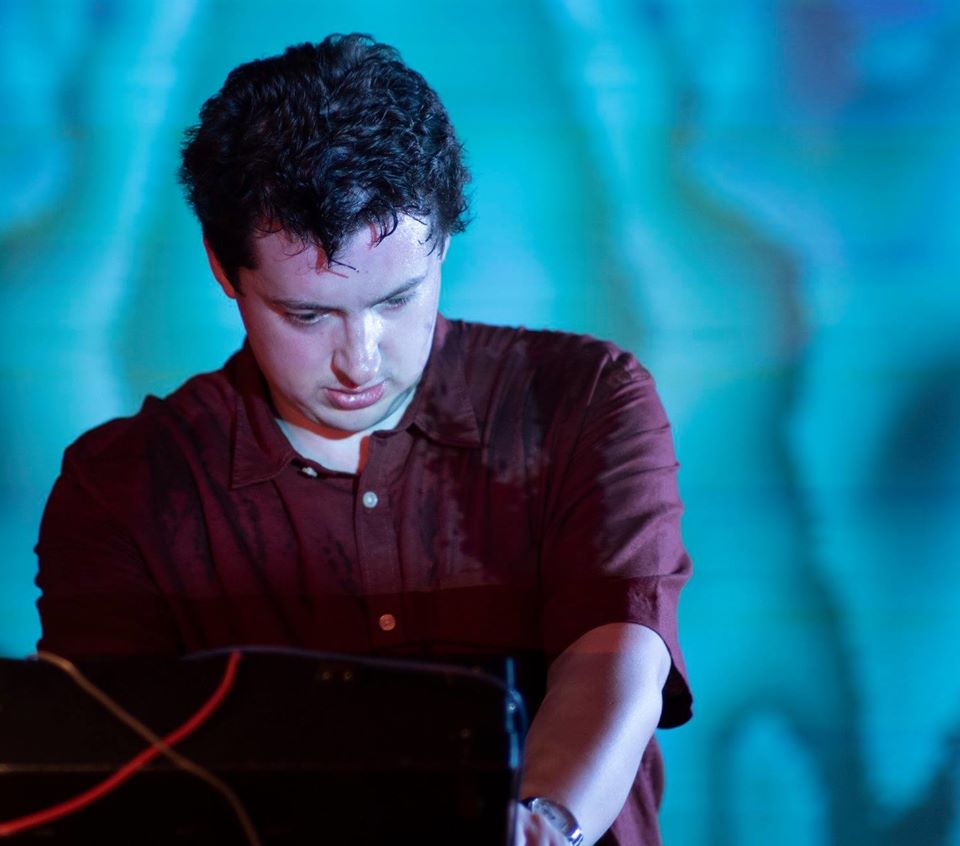
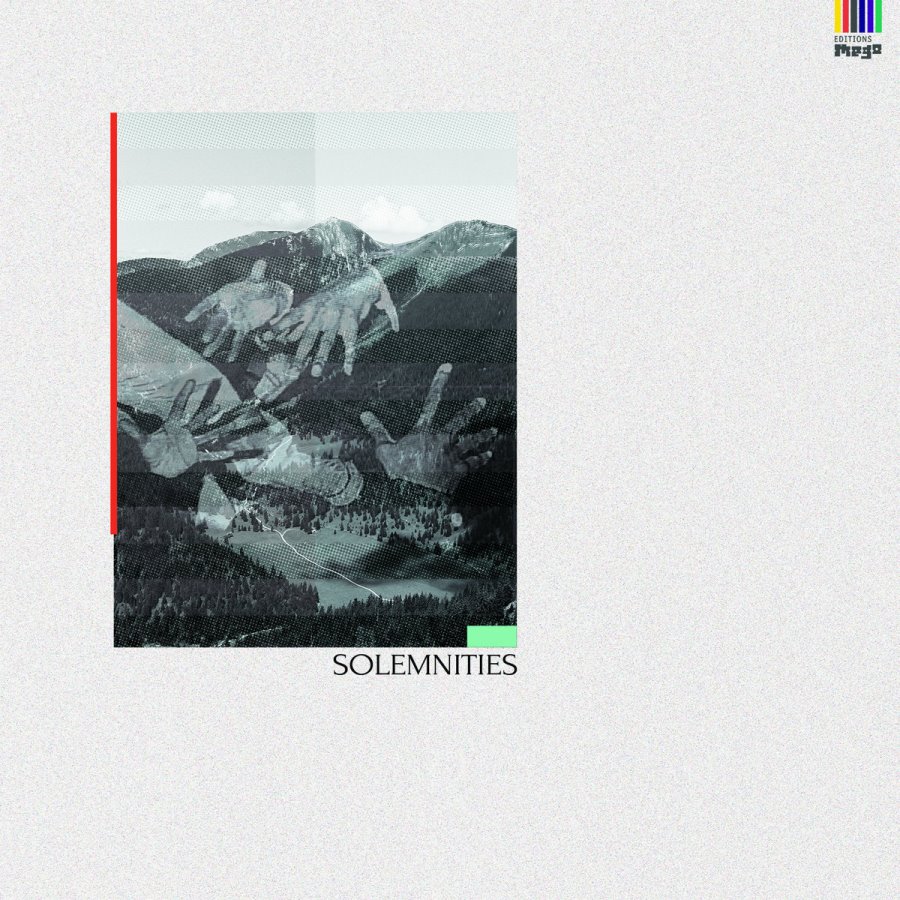
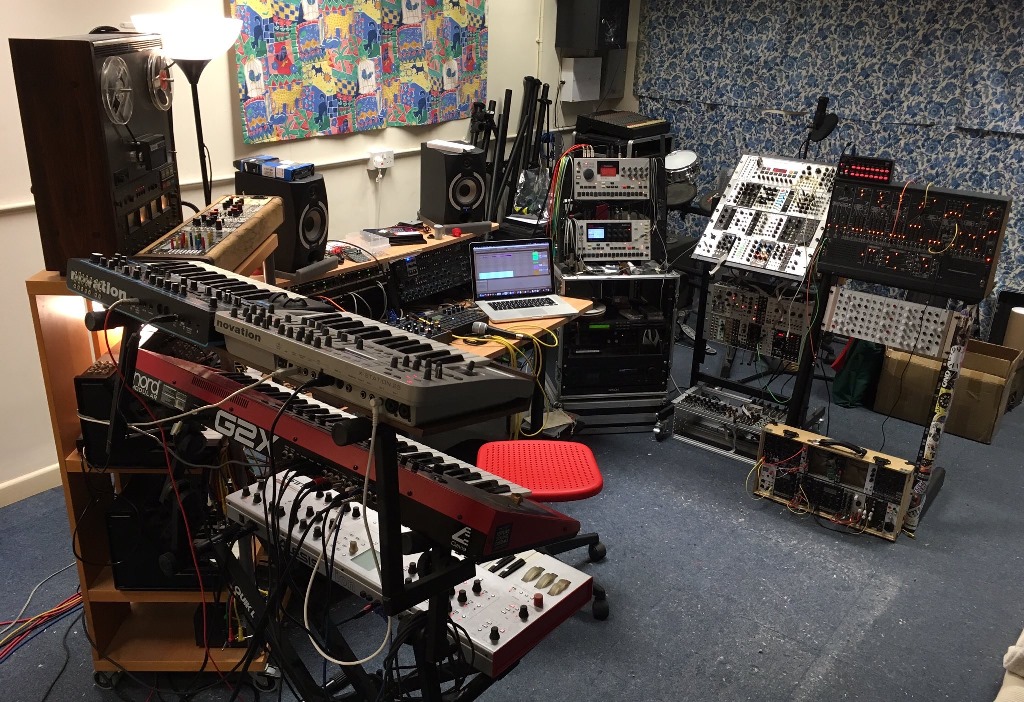
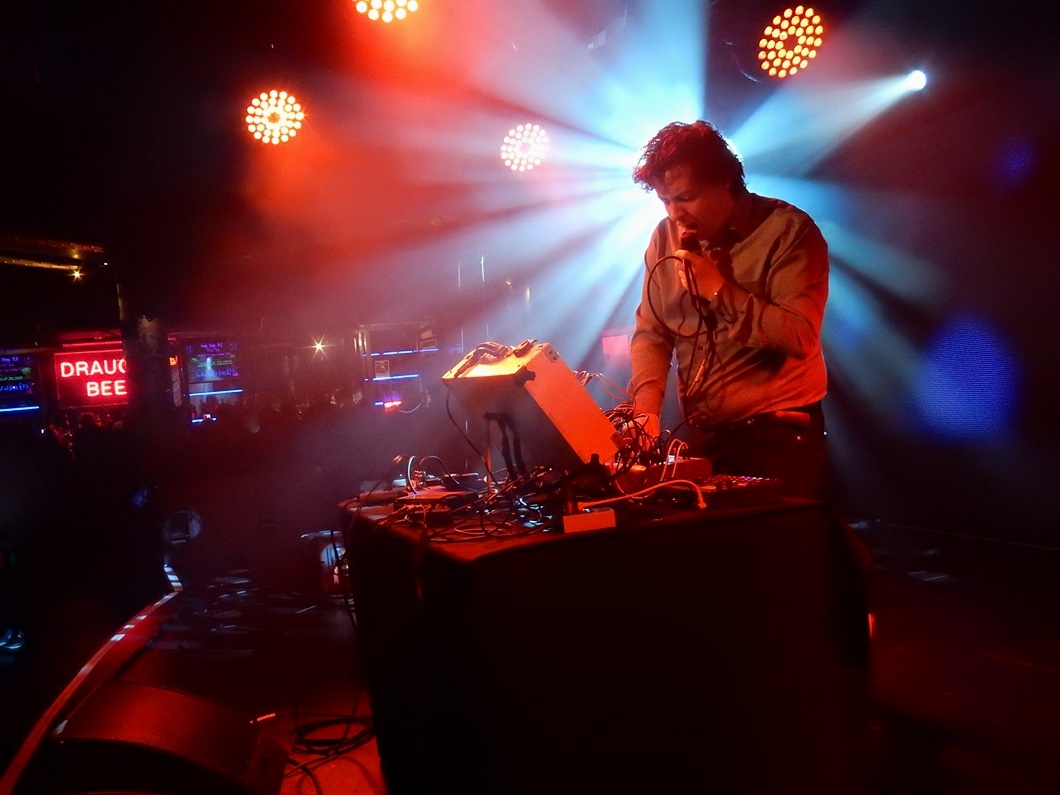
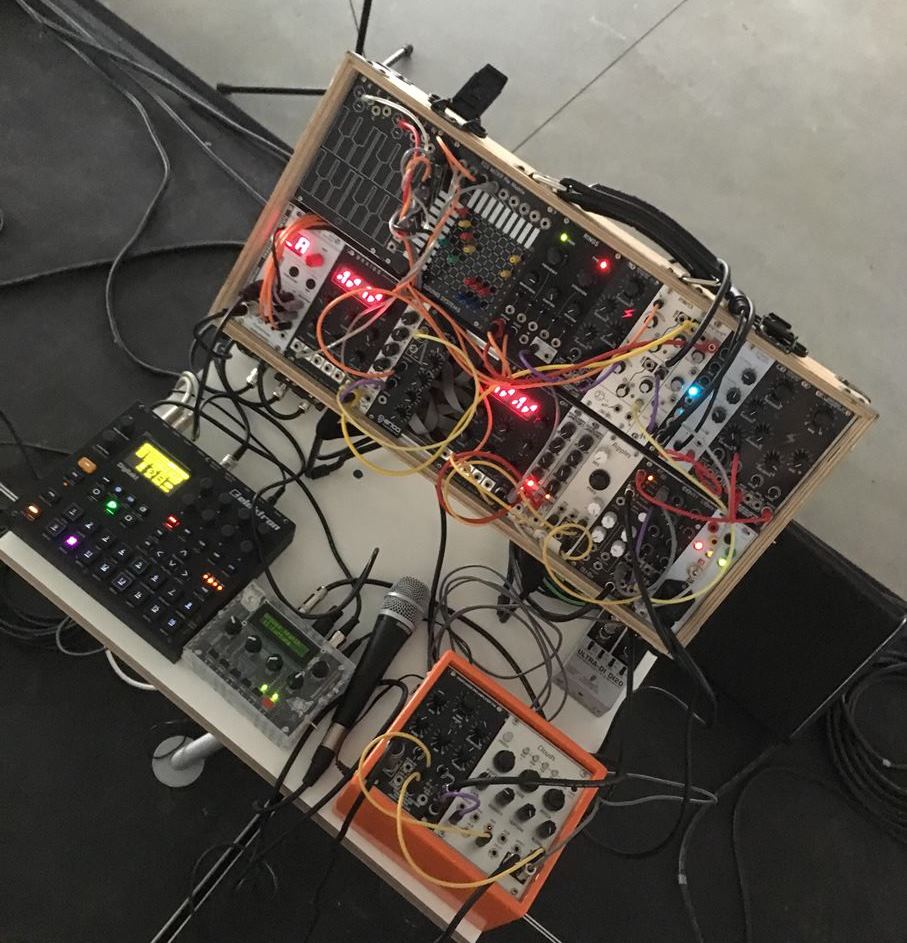
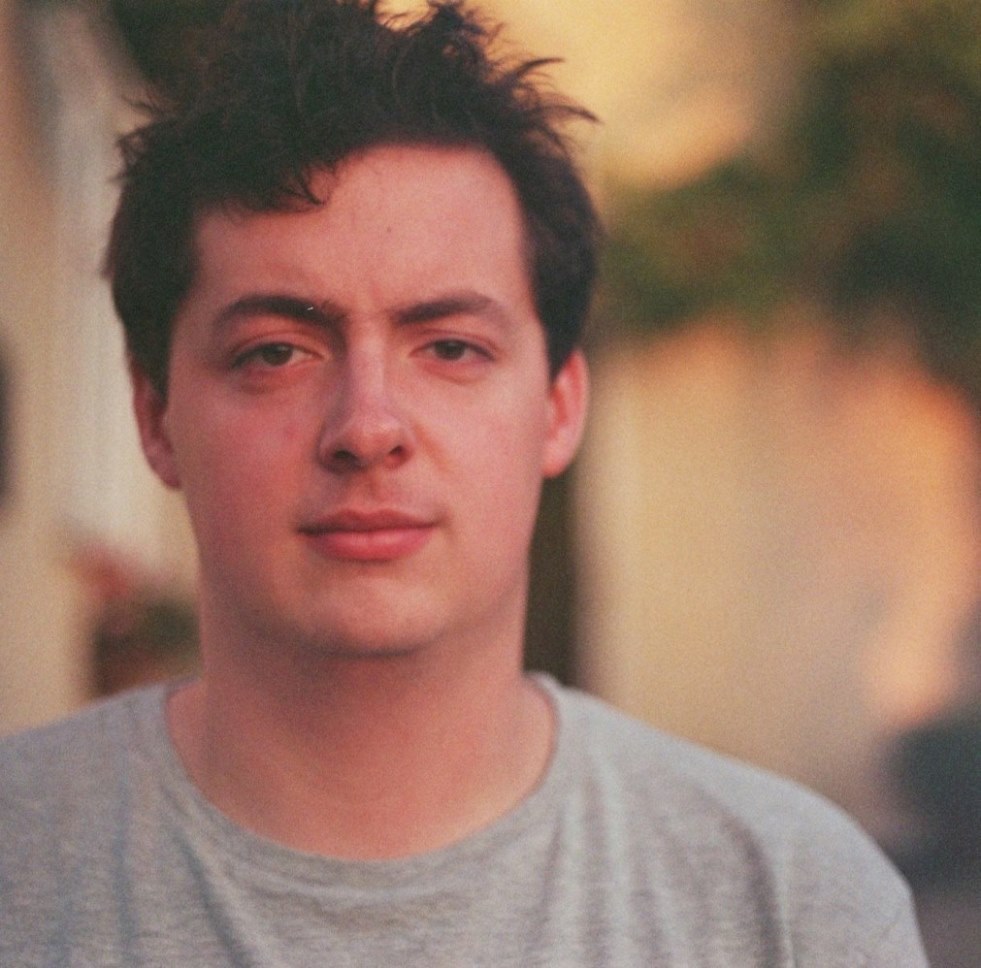
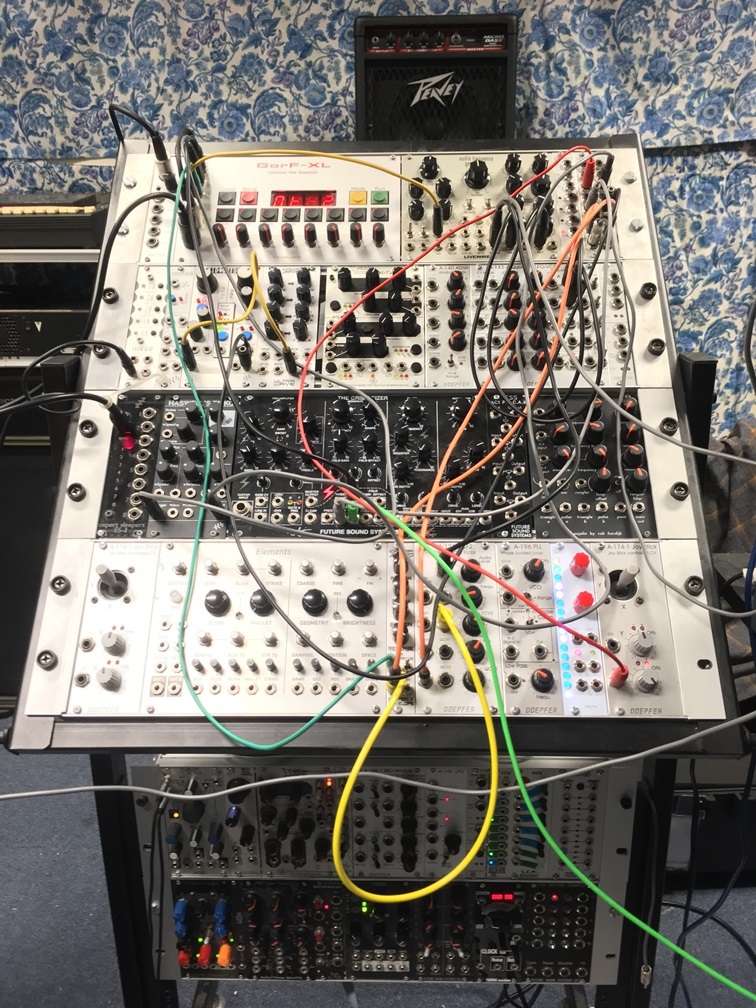
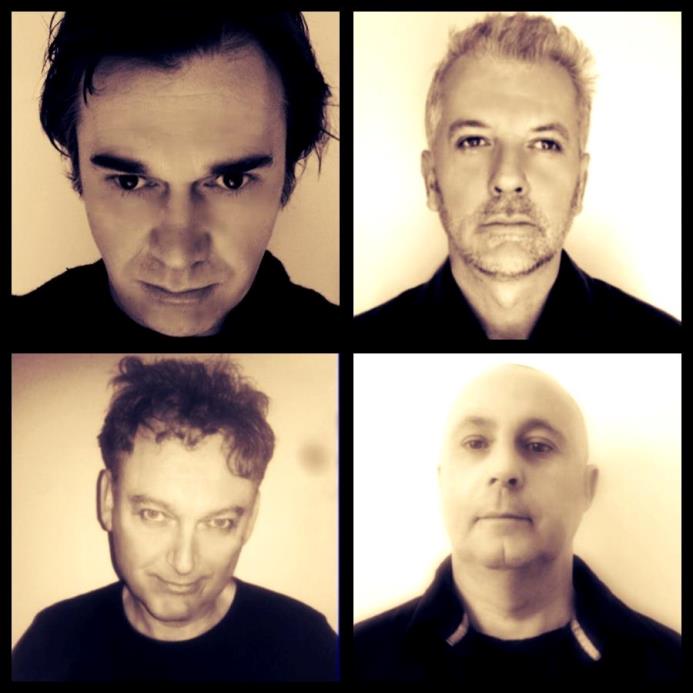
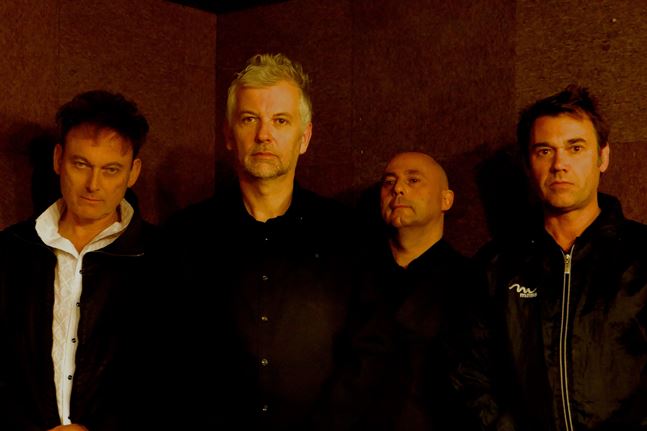
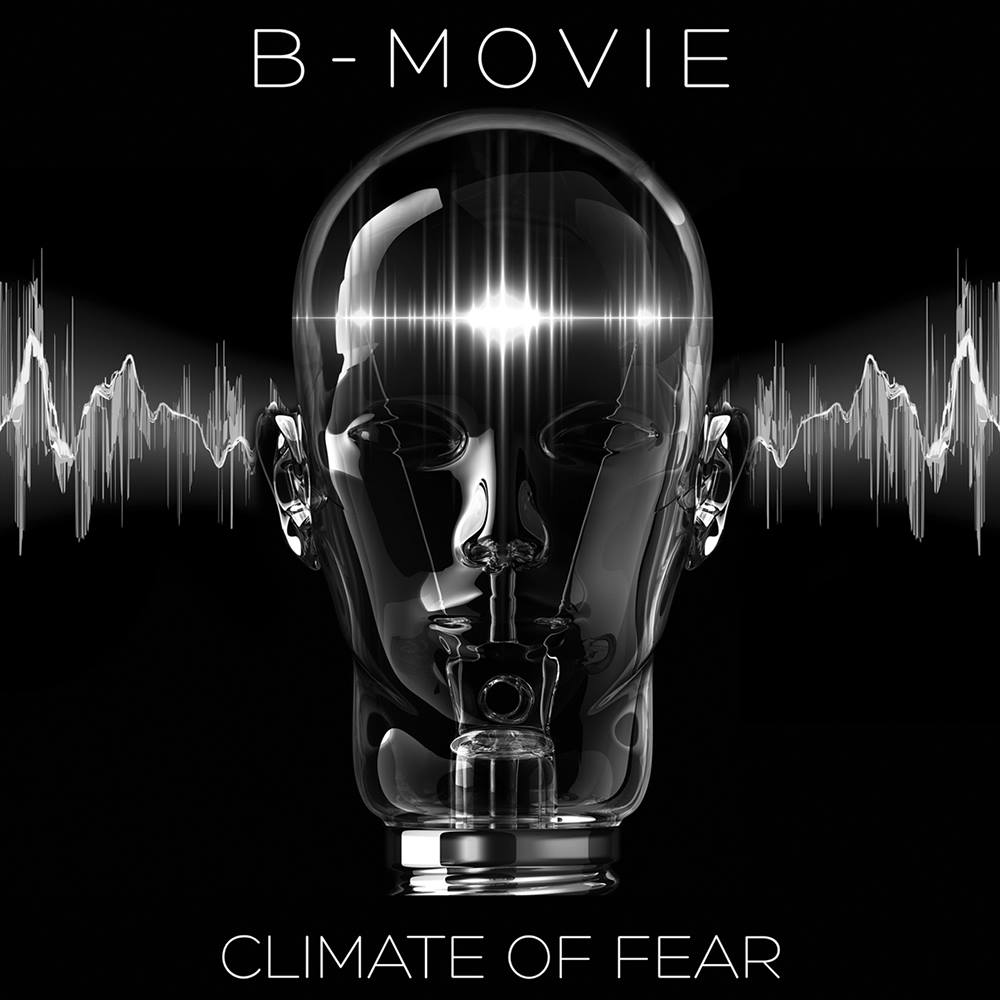
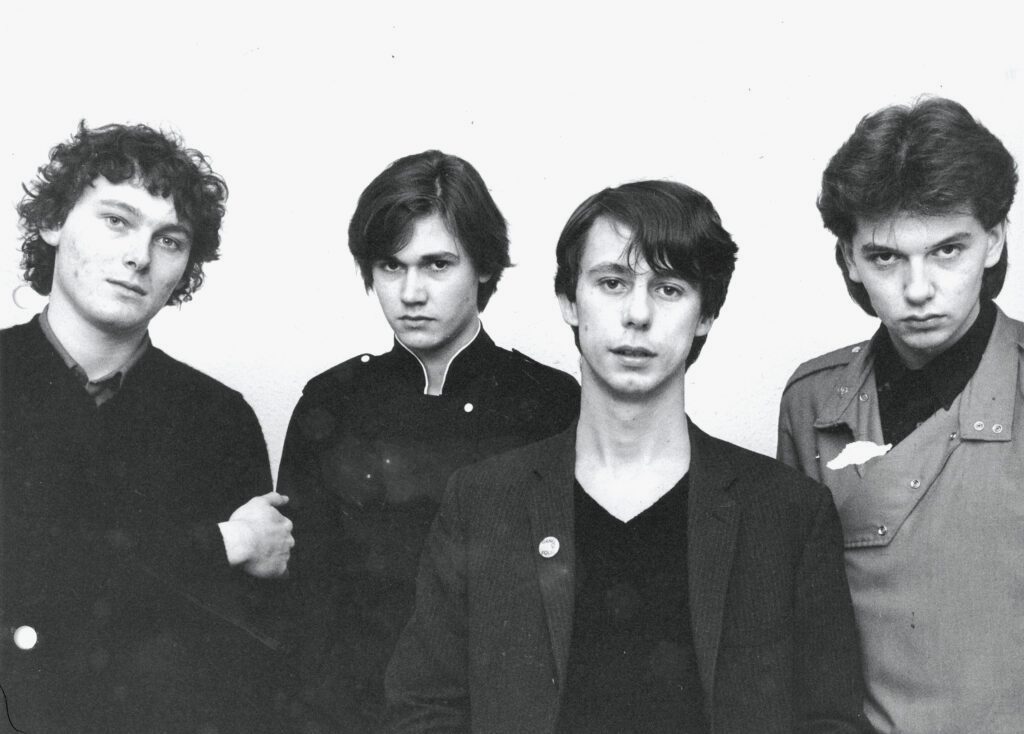



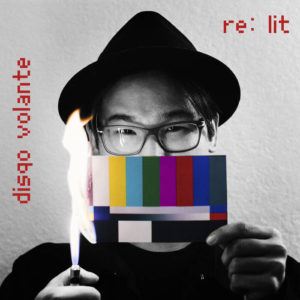
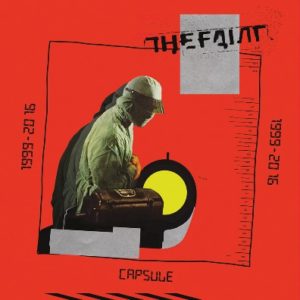
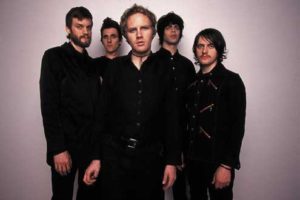 The buzzing string embellished groove of ‘Desperate Guys’ from ‘Wet From Birth’ also deserves its place on this collection, but one glaring omission from this period would be the superb ‘Symptom Finger’, a hypnotic ‘Zoo Station’ styled romp.
The buzzing string embellished groove of ‘Desperate Guys’ from ‘Wet From Birth’ also deserves its place on this collection, but one glaring omission from this period would be the superb ‘Symptom Finger’, a hypnotic ‘Zoo Station’ styled romp.
Follow Us!